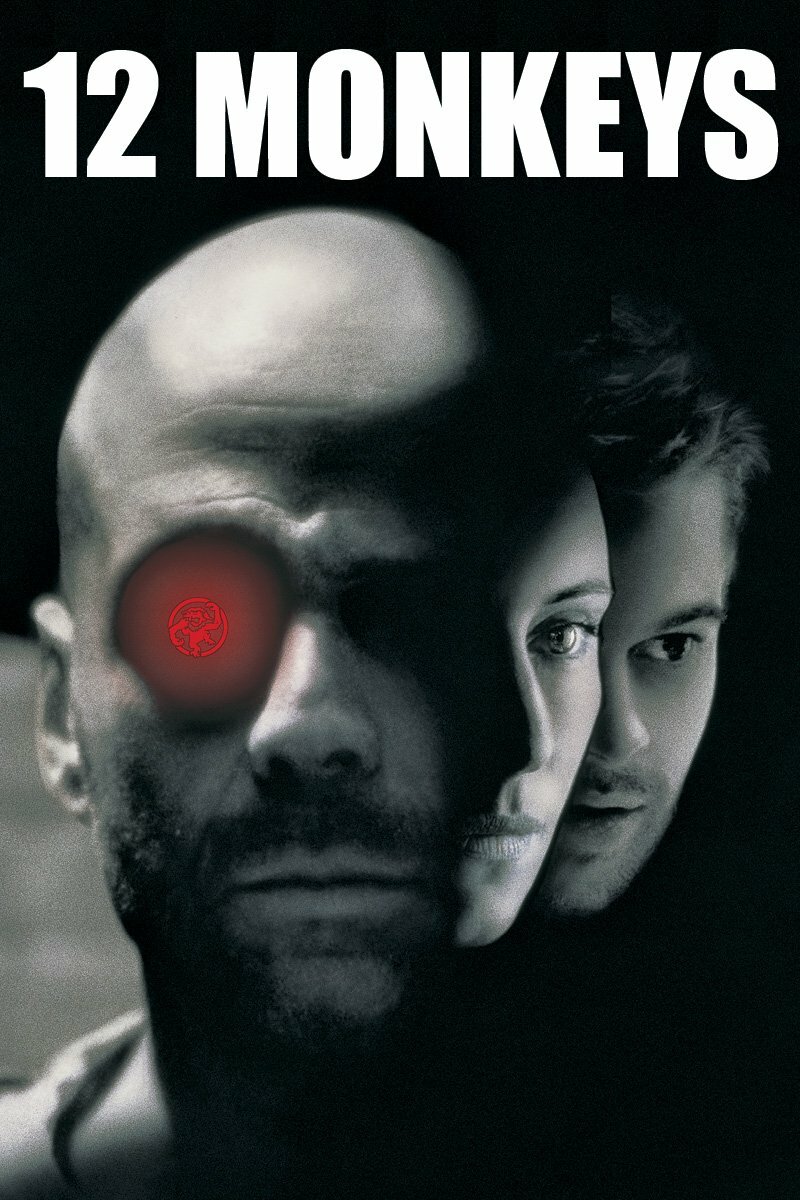A cursory analysis of predestination versus free will in science fiction finds that most of the plotlines exploring this depend on time travel. For example, Doctor Who struggles to change timelines and often cannot beyond a bare minimum. The movie “12 Monkeys” is a classic case of someone trying to change history guaranteeing it will happen, as are the books “Consider Her Ways” and “The Time Traveler’s Wife”.
The movie “Predestination” and short story “All You Zombies” on which it is based shows that certain things are predestined no matter what, condemning even a time travelling agent to their foretold fates. Anne McCaffrey’s “Dragonriders of Pern” novels allow for time travel, but you can’t change the timeline. So, too, does “Harry Potter” until you get the abominable “The Cursed Child”. However, J. K. Rowling had already abandoned canon by that point, so what is a total retcon at this point?
The original “Dune” novel and “Children of Dune” is unusual for exploring predestination without ever involving time travel. (We’ll ignore Norma Corva’s deus ex machina in the final novel, and even that is skipping forward in time.) In the “Dune” novels, prescience is described as a trap. Once you have perfect foresight, life becomes a painful torture of boredom punctuated by losses you cannot escape. Of course their perfect creation seeks to avoid this fate, after which his son guarantees it never happens again via the Golden Path and the revelations regarding Siona Atreides.
The short story – and later movie – “Minority Report” takes a different tack. If you have the knowledge of the future fate, you may try to change it. While this may create the future, it may also prevent it. But by acting as if those predictions are certain, you certainly deny the rights of those who are actually a false positive. That is the “minority report” of the pre-cogs in “Minority Report”, where one of the three says no, this isn’t a certainty. Yet police arrest and froze people as if their future crime was a certainty, while ignoring the fact that the foreknowledge of said even could be used to prevent it in other ways.
“Minority Report” is notable for bringing up the dangers of false positives that such a system would create. The Ms. Marvel comics barely discuss the horrors of acting as if precognitive predictions are a certainty and the associated civil rights violations of considering all means as acceptable when it avoids that end fate. That’s why I hate Captain Marvel in the comics regardless of the Marvel movie’s quality. Here, too, the comics suggest that the efforts to avoid the Snap and confront Thanos with a curated team ends up contributing to the predicted outcome.
Another universe where predestination is explored without time travel is the “Talents” universe by Anne McCaffrey. In this universe, there are telepaths, telekinetics, and a few rare people who can see the future. At the very beginning, one of the founders of the organization that protects, trains, nurtures and manages Talents includes legal protection for the prescient. In one of the books, it is mentioned that it was necessary to protect them from lawsuits. Otherwise, you’ve advocated actions based on a horrible prediction that your actions then prevented. For everyone in the final timeline, that foretold disaster didn’t kill 200 people, but you wasted time and money based on their fear-mongering. And how are you to know they didn’t make you do all this for something that wouldn’t happen at all? Conversely, if prescient people aren’t given legal protection and official roles, what is to prevent them for being sued for not stopping every disaster and tragedy that might happen?
It would be reasonable to say they only have to deal with specific issues and can’t be sued by those who consider it a sham. Sounds brilliant until you realize the founding prescient probably knew the legal framework was necessary to protect Talented people from a sue-happy society.
I think the prevalence of time travel stories involving predestination dominate because it plays on wish fulfillment. What if you could go back in time and stop something bad from happening? Even if you fail, the fact that you tried to change it offers some comfort, as the scientist in the latest movie “The Time Machine” demonstrates. He literally does everything he can to save his wife, and though he fails, he gains the courage to save the remainders of humanity instead – including his new love interest.
What does all of this mean? It means that humanity has an endless array of ways of wondering about “what if?” scenarios. “What would I do if I knew then what I know now?” tends to become a time travel story. However, predictive technologies and psychic powers give us an alternative to exploring the answers, too.



Comments
What do you think of “Timecop” IMHO one of Van Damme’s best. Or, Robert A. Heinlein’s Lazarus Long series, especially “Time Enough for Love,” where he travels through time to become his own ancestor?